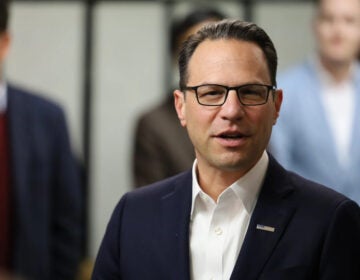Why U.S. aid to Pakistan should continue.
For some Americans the failure of the government of Pakistan to detect the terrorist Osama Bin Laden living in suburban comfort in a military garrison town is the last straw. Now that Bin Laden is dead, why should we go on supporting a country that maintains historic ties to the Taliban we are fighting in Afghanistan, and which never seems to do enough in the fight against terrorism despite billions of U.S. dollars in development aid and military assistance?
I think it would be a mistake for the U.S. to cut or downgrade our ties to Pakistan. One reason is that, like our biggest banks, Pakistan is simply too big to allow to fail. Pakistan, with a population of about 180 million, is the sixth largest country in the world after China, India, the U.S., Indonesia, and Brazil. And because of its rapid population growth, it is projected to soon overtake Brazil for fifth place. The world needs a Pakistan which is developing economically and which does not get left behind.
And, of course, Pakistan has the bomb. The only thing worse than a big failed state would be a big failed state with nuclear weapons.
The U.S. bears some responsibility for Pakistan’s many problems and failure to progress as a democratic state. After the Soviet invasion of Afghanistan in 1979, and again after the 9/11 terrorist attack of 2001, the U.S. supported military dictatorships in Pakistan, which enhanced the ability of the military and intelligence service to act independently even after the restoration of nominal democracy. We didn’t do enough to support the elected governments of American-educated Benazir Bhutto when she was the first and only woman ever to serve as prime minister of an Islamic nation.
Benazir Bhutto was assassinated when she returned to Pakistan in 2007 intending to seek a third term as prime minister. Her husband Asif Ali Zardari was elected president of Pakistan in 2008. He spent years in prison under governments hostile to his wife’s political party on corruption charges which were no doubt politically motivated at least to some extent. But no one can seriously doubt his personal commitment to fighting the extremism and terrorism which resulted in his wife’s murder.
The problem is that the Pakistani military and intelligence service are counter-weights to the democratically elected Pakistani government. That complicated political reality requires nuanced support from the U.S., which the Obama administration has been attempting to do through the Kerry-Lugar bill which President Obama signed in 2009. That law provides unprecedented non-military aid to Pakistan conditioned on the military’s subordination to the elected government and its cooperation in fighting terrorism. That support to Pakistan, and corresponding American diplomatic efforts, must continue.
WHYY is your source for fact-based, in-depth journalism and information. As a nonprofit organization, we rely on financial support from readers like you. Please give today.




